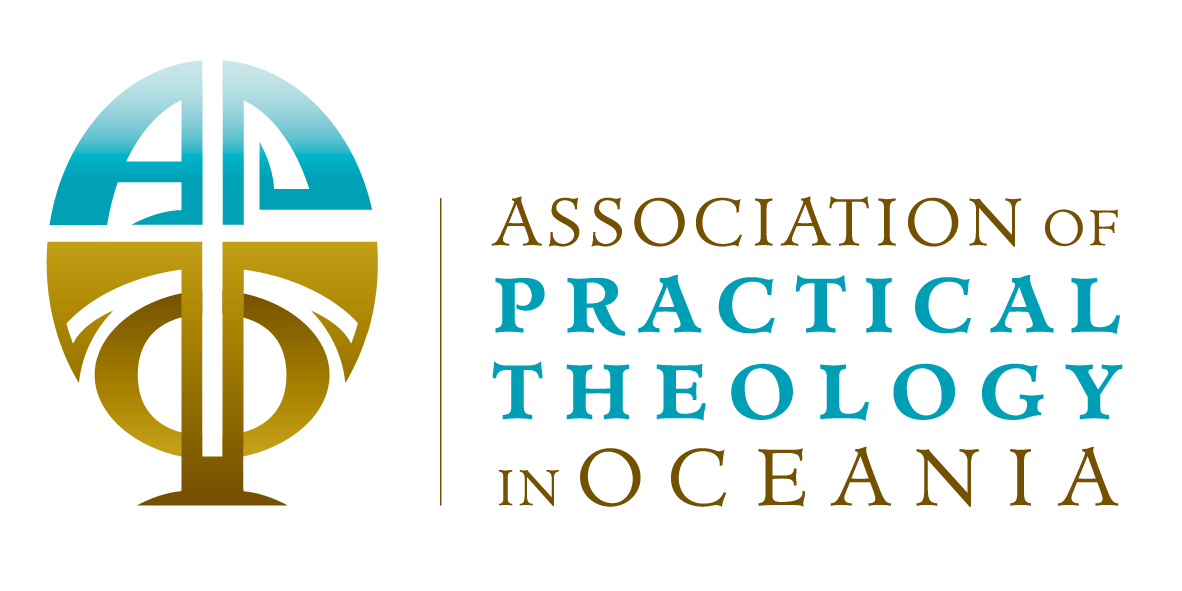

Discussion Time: 2:00pm Wednesday 29 November NZDT
Location: E 1.01
The focus of this paper explores two methodological approaches for designing practical theological studies. It articulates philosophical design elements from the works of Swinton and Mowat’s, Mutual Critical Correlation Method, and Lonergan’s understandings of ‘Symbolism and Narrative’ for delivering theological method. Spiritual studies involving refugee children are presented where the ‘Mutual Critical Correlation Method’ is used and explained. Operating from understandings of ‘lived experience’, this approach cites social science research design elements and supports a theological interpretation of migration via content analysis. A discourse of Lonergan’s notion of ‘Symbolisation to Theological Method,’ and identification of aspects belonging to a person’s narrative, present functional specialities and levels of consciousness. This approach links theological method with existential states of being, offering hermeneutic appreciation. Touch points of coherence and divergence between the two methodologies resonate common themes. A theology of migration and refugees offer three levels of engagement focusing pastoral, spiritual and theological approaches for action guided by a Eucharistic vision. This vision sees a relationship between spirituality and justice, where God’s call to communion with humanity bring understanding about right relationship with the vulnerable migrants in our world. The two methodological lenses provide identification and interpretation of each of the study’s implications for practical theology.
This paper seeks to map a new paradigm of Christian response to migration as incarnational Missio Dei at, on and from the intersection of a global migration, multiculturalism, and world Christianity in a South Australian context. By examining quantitative and qualitative data from the Cultural and linguistically diverse (CALD) – Intercultural Ministry Survey in South Australia and the Australian National Church Life Survey (NCLS), the project explores how the Christian practice of hospitality and partnership with migrants can be enhanced by a deeper responsiveness to a new reality of multicultural world Christianity and its new "Ephesian moment" (Andrew Walls). Based on an online survey of 55 South Australian Uniting Church members, including both lay people and ministers, it investigates how local congregations have responded to their increasingly multicultural migrant contexts and reflects on the status of intercultural ministry in progressing and embodying the Church’s vision of being a multicultural church. Data from 33 interviews with migrant church leaders including first and second‐generation immigrants from Asian and African backgrounds are analysed in three categories: gifts and graces, felt needs and challenges, and aspirations and opportunities for building relationships and partnerships with Anglo-White churches. It concludes with practical recommendations for a vision of intercultural Church as a "fellowship of reconciliation" that is characterised by trinitarian reciprocity, receptive ecumenism and mutual partnership.